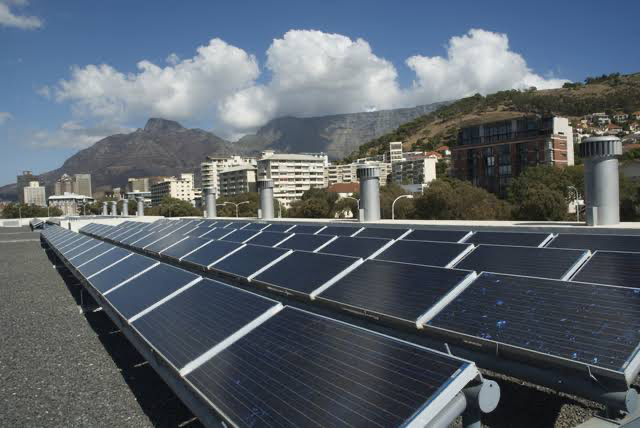Africa is on the verge of a renewable energy revolution, thanks to the potential of regional power pools and the growing demand for electric vehicles.
According to the International Energy Agency (IEA), solar power accounted for three-quarters of the renewable energy additions worldwide in 2023, with prices dropping by almost 50%. The IEA predicts that renewable energy will surpass coal-fired power as the world’s largest source of electricity generation in 2025.
Africa, as the world’s fastest urbanising region, has a huge opportunity to tap into this global trend and leverage its abundant solar resources. However, individual countries may not have enough load to warrant local manufacturing of solar and battery energy storage solutions, despite having ample raw materials.
This is where regional power pools come in. Power pools are arrangements between two or more countries to coordinate their electricity generation, transmission and trade. They can help create economies of scale, enhance energy security, reduce costs and facilitate cross-border trade.
Africa has five power pools, with the Southern African Power Pool (SAPP) being the most advanced and connected. The other power pools are at different stages of development, but they all share a common vision of creating a single electricity market for the continent.
Bertha Dlamini, founding President of African Women in Energy and Power, delivered the keynote opening speech at Solar Power Africa, a conference held in Cape Town on Wednesday. She highlighted the role of power pools in creating anchor demand for renewable energy in the region and beyond.
“With improvements to regulatory regimes across markets and regions, we will be able to create the anchor demand. This is necessary to realise the once-in-a-lifetime potential for Africa to re-industrialise, using renewable energy,” she said.
Dlamini also pointed out that the emergence of electric vehicles (EVs) offers another opportunity for Africa to boost its renewable energy capacity and address its transportation challenges. EVs can help reduce greenhouse gas emissions, improve air quality, create jobs and stimulate innovation.
However, EVs also require reliable and affordable electricity supply, which can be met by renewable energy sources such as solar and wind. Moreover, EVs can act as mobile batteries, providing grid services and enabling demand response.
Dlamini urged African governments to adopt conducive regulatory frameworks and standards to support the growth of renewable energy and EVs. She also called for more collaboration and coordination among stakeholders, including the private sector, civil society and development partners.
She concluded her speech on a note of hope, saying that Africa has the potential to become a global leader in renewable energy and EVs, if it harnesses its power pools and critical minerals.
“Africa is not a dark continent. Africa is a continent of light,” she said.
Source: ESI Africa



